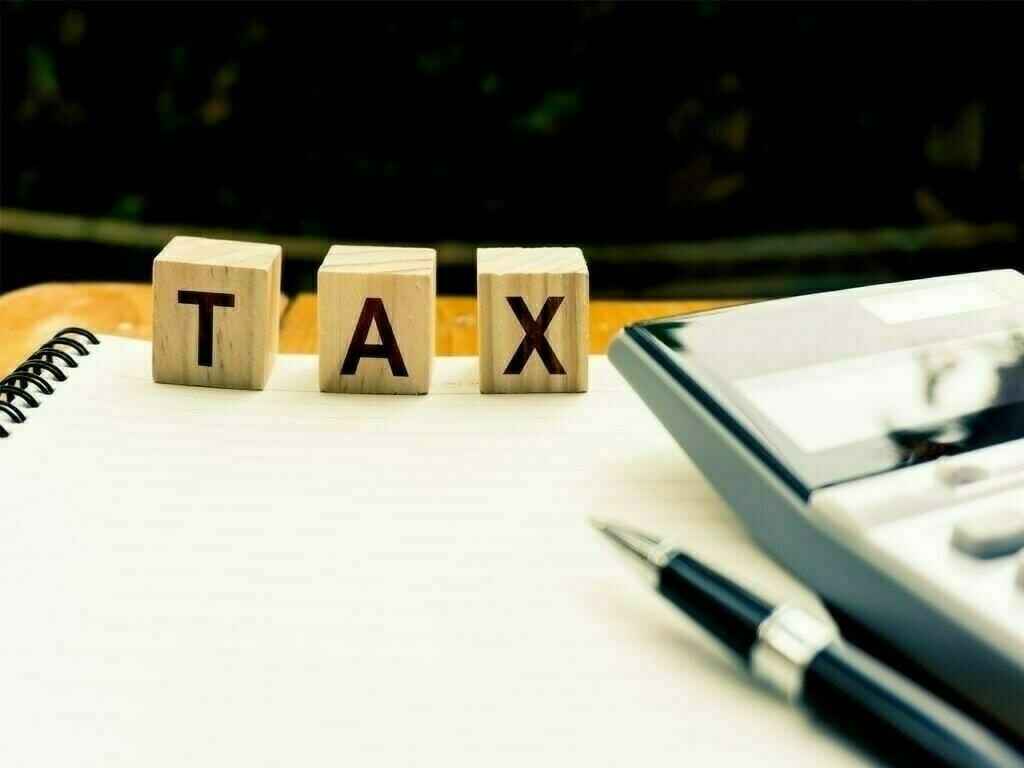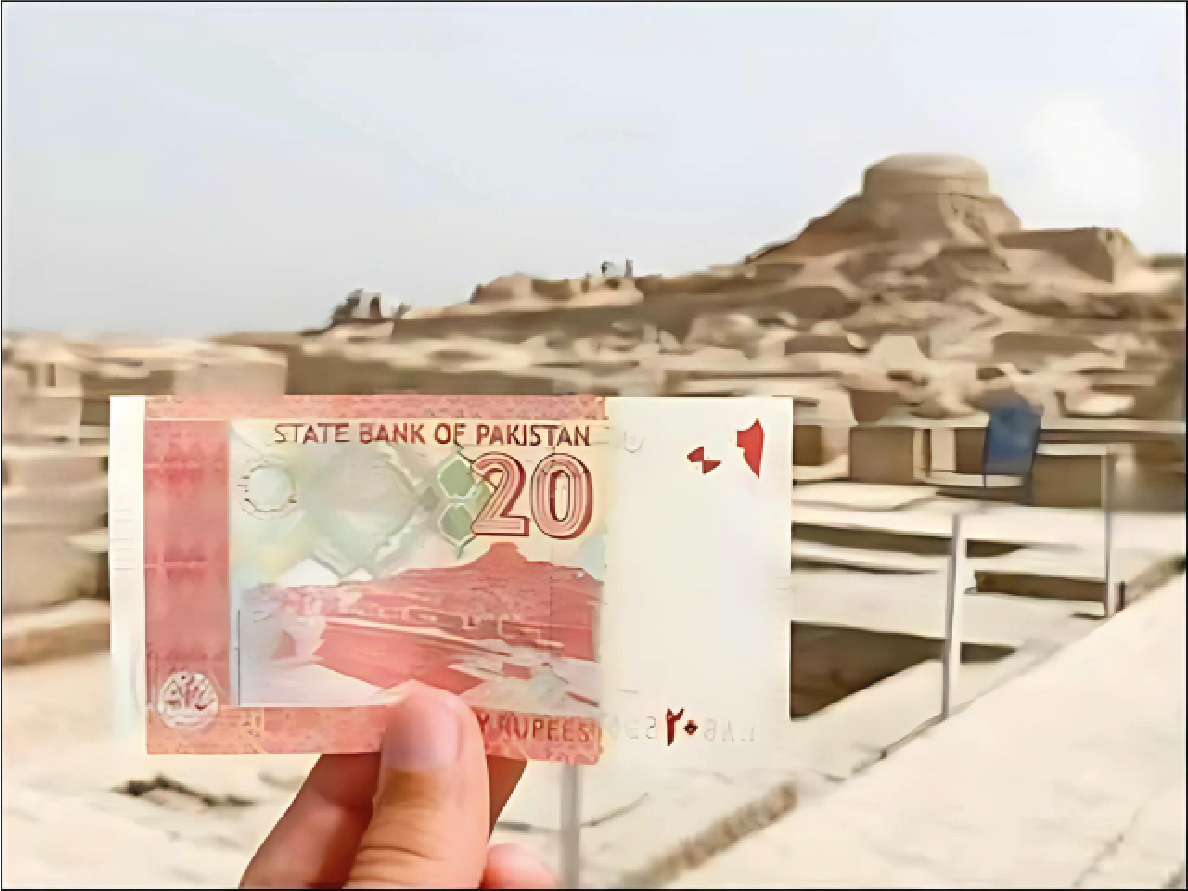The Senate Standing Committee on Finance has expressed significant concerns regarding the proposed tax measures in the budget for the upcoming fiscal year, which it believes will exacerbate inflation in the country. These concerns were voiced by the committee chairman, Senator Saleem Mandviwalla, during a meeting held on Saturday. The committee was particularly critical of the imposition of taxes on essential food items, including packaged and baby milk, and rejected the proposed taxes on these items as well as on stationery and the increased sales tax on computers.
Senator Mandviwalla stated that the committee plans to present its recommendations to the Senate on Monday. He emphasized that the government’s proposed tax measures would lead to a 10 percent rise in inflation across the board. The committee unanimously rejected the proposal to impose an 18 percent sales tax on baby milk, citing concerns about the impact on a country with a 40 percent stunting rate among children.
Anusha Rehman of the Pakistan Muslim League-Nawaz (PML-N) condemned the proposed tax increase on milk, calling it cruel and highlighting that no consultations were held before making this decision. Sherry Rehman of the Pakistan People’s Party (PPP) echoed her sentiments, while Senator Farooq H. Naek criticized the government for imposing a 10 percent sales tax on basic food items like potatoes and onions. He further expressed a grim outlook, suggesting that even land for graves might soon be taxed.
In an exchange with officials from the Federal Board of Revenue (FBR), Anusha Rehman inquired about the prices of open milk and raw chicken, only to find that the officials were unaware of these prices, as they admitted to never having purchased raw milk. Rehman suggested that FBR officials visit the market themselves to understand the financial burden on consumers better.
The FBR explained that the proposed 10 percent sales tax on stationery items and the potential 18 percent tax on milk and baby milk were measures to fulfill International Monetary Fund (IMF) requirements aimed at eliminating tax exemptions. They noted that the removal of these exemptions would reduce tax collection by Rs107 billion. The proposed taxes on milk and baby milk alone were expected to generate Rs40 billion, while the tax on stationery would bring in an estimated Rs6.5 billion. To mitigate the impact, the government proposed cash assistance for needy families.
Additionally, the FBR proposed an 18 percent sales tax on vegetables and fruits imported from Afghanistan. The committee, however, rejected the proposal to impose a 10 percent sales tax on locally manufactured stationery and did not agree to the increase in sales tax on computers from five to 10 percent. Anusha Rehman questioned the rationale behind exempting the former Federally Administered Tribal Areas (FATA) and the Provincially Administered Tribal Areas (PATA) if the government was under IMF pressure.
The FBR officials responded that the merged districts, which constitute three percent of the population, are receiving Rs92 billion in facilities. They added that the FBR opposed the proposal, but the cabinet has extended the exemption annually. Zeeshan Khanzada argued that the relief should continue until the industry becomes fully operational and suggested reducing the sales tax on local supplies from six percent to three percent. The committee supported Khanzada’s suggestions.
Regarding the proposal to end the sales tax exemption for charitable hospitals, the FBR argued that government hospitals pay sales tax, whereas charitable hospitals do not. They pointed out that charitable institutions import machinery and equipment from abroad and that their doctors charge full fees for laboratory and surgical services. Senator Farooq H. Naek noted that charitable hospitals import machinery and equipment from abroad and charge full fees for laboratory and surgical services.
Faisal Vawda proposed a reduction of the tax on overseas property from one percent to 0.4 percent, arguing that a lower tax rate would encourage property declarations. Senator Saleem Mandviwalla supported this view, asserting that a high tax rate would deter people from declaring their foreign properties.
The committee approved the proposal to levy a 10 percent sales tax on needles and poultry feed and a 15 percent sales tax on LPG. However, it did not agree with the proposed increase in the sales tax on computers. The meeting was informed that starting July 1, all drugs registered under the Drug Act would be taxed.
The committee also expressed serious concerns over the absence of the Finance Minister, the Minister of State for Finance, and the Finance Secretary from the meeting. Chairman Mandviwalla directed that the Finance Minister be informed of the committee’s expectation for his attendance at such critical discussions.
In summary, the Senate Standing Committee on Finance remains deeply critical of the proposed tax measures, emphasizing the detrimental impact on inflation and the burdens placed on essential goods and services. The committee’s recommendations and objections are poised to play a significant role in shaping the final budget decisions.




